HPE and Continental partner on blockchain data marketplace
The platform will fuel data monetisation and services that help to reduce driver risk

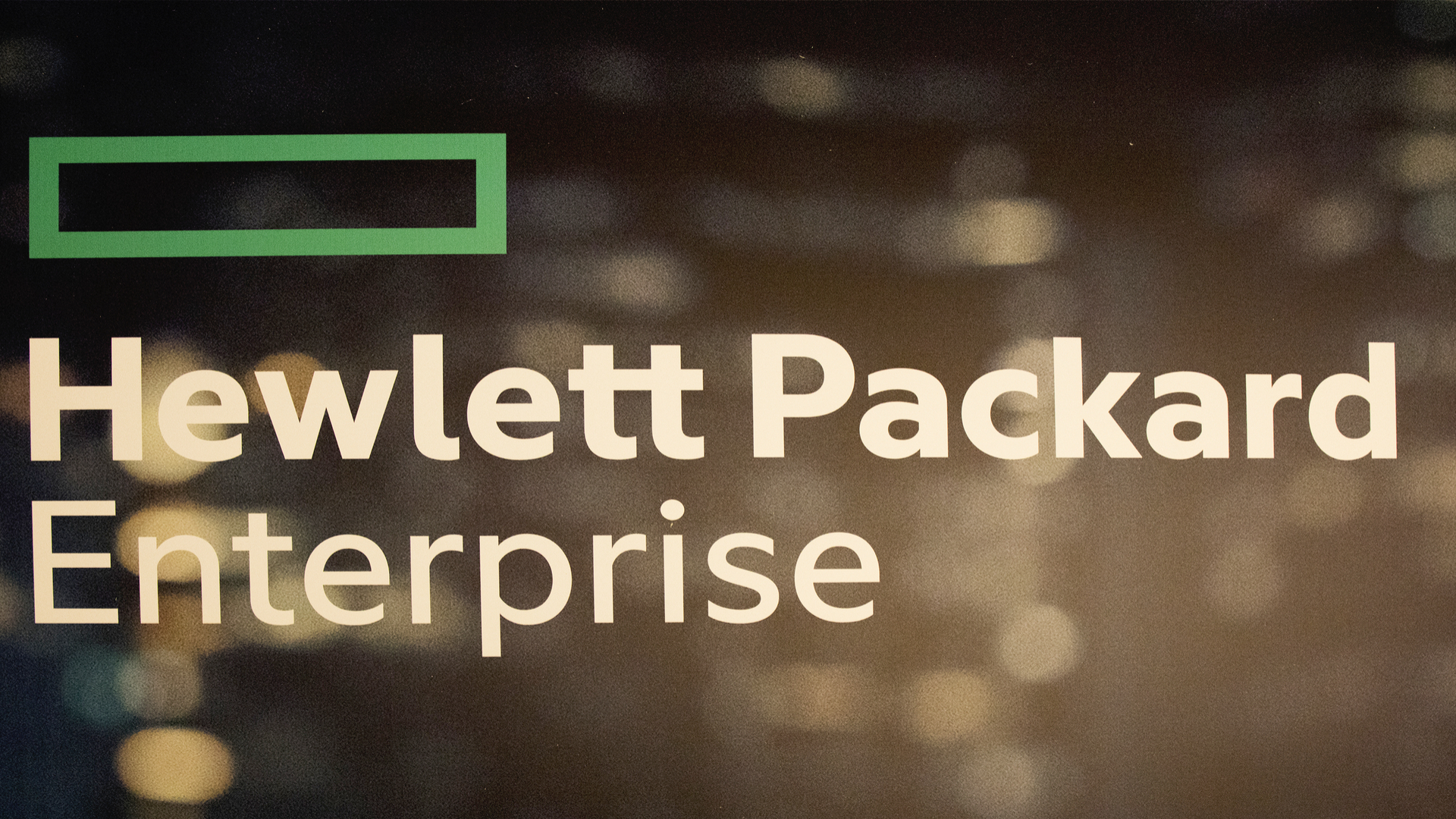
HPE has teamed with Continental to unveil a blockchain-based data monetisation platform at MWC 2019, specifically aimed at 5G-enabled autonomous cars.
The new platform is designed to allow car manufacturers to use it as a data sharing marketplace so data can be collected, analysed and turned into better services for owners of autonomous cars.
HPE is pioneering the trend that's emerging out of MWC which involves companies other than social media networks and advertisers profiting from data monetisation.
Previously, data could only be monetised by selling things like browsing data to companies in order for them to be more efficient in targeting adverts; with the new platform and the emergence of 5G, that's set to change.
A smartwatch that sits on your wrist contains 5-10 sensors, your smartphone has 10-20 sensors built-in, but your car has 12-140 sensors all receiving different pieces of data.
This data is captured at a rate of 25GB/hour and includes readings such as the air humidity to determine rainfall, the car's ABS can sense how slippery a road is, and ultrasonic sensors can detect blockages in the road.
HPE believes that this data, which gets fed back to the car manufacturers, can solve some of the most pervasive traffic problems we experience every day.
Sign up today and you will receive a free copy of our Future Focus 2025 report - the leading guidance on AI, cybersecurity and other IT challenges as per 700+ senior executives
The open and expansive sharing of this data can not only generate revenue for car manufacturers in a way that was previously impossible, but the data can also fuel new services such as real-time warnings of road conditions to cars which could reroute themselves to avoid.
These warnings can prove useful to drivers who can't get reports of localised issues such as black ice on roads or fog from their weather channels or apps. Sensors can predict if fog is approaching and how slippery the road is from the ABS and shock absorbers.
On an even grander scale, HPE believes that data collated from air quality sensors, a feature most modern cars are now fitted with, could be utilised by cities to measure pollution and optimise navigation to reduce smog in heavily populated cities.
The new blockchain platform is necessary, according to the two companies, because car manufacturers only have access to the data their own fleet is generating, which means services like those aforementioned would become less powerful in regions where that manufacturer has low market share.
This problem is only exacerbated with higher-end, more premium car manufacturers such as Porsche or Ferrari.
Let's use Cambridge as an example; say there are 100 Ferrari's in Cambridge from which Ferrari can gather traffic data to inform its real-time services. The chances of two of these 100 Ferraris driving on a given road at the same time is fairly slim, so these cars won't have the same updates on black ice, for example, as a more common car such as a Volkswagen.
More VWs makes for a better-informed fleet. Say one VW passes some black ice, that information can be fed back to VW and then transmitted to other VWs that are likely on that road, be it one, two or even 30 minutes behind the car that initially detected the ice. This means, in this scenario, a VW would make for a safer drive compared to a Ferrari.
This is why data sharing is important so we can all have safer roads as a result. HPE thinks automotive data is the new intellectual property and it, along with Continental, wants to facilitate a marketplace so revenue can be generated and safer roads can be created.
"Sharing vehicle data across vendors can solve some of the toughest traffic problems and improve driver experience by leveraging the power of swarm intelligence," said Phil Davis, president of hybrid IT and chief sales officer at HPE. "Together with Continental, we provide the key to unlock the value of this data treasure, not by taking control of the data ourselves, but by giving control to the drivers and car manufacturers."
The blockchain element is crucial to the design as there are already some startups with similar offerings, HPE said, but they all act as middlemen. OEMs relinquish control to data brokers who do the monetisation for them and many car manufacturers aren't willing to do that. With blockchain, manufacturers can choose what data is shared and with whom.
This begs the question: what's stopping manufacturers from keeping that data to themselves in order to gain a market edge? Surely any manufacturer would want to be able to sell itself as the best connected and subsequently the safest brand on the market.
HPE said it thinks of it from a functionality perspective. While the spokesperson did acknowledge that there was some merit to my question, but HPE believes a connected economy is a sharing economy. All it wants to achieve with the platform is the opportunity for OEMs to collaborate to create a safer driving experience.
Drivers still retain some control over the data they produce, GDPR still applies here and drivers must opt-in to the data sharing program.
Data monetisation of 5G is one of the hottest trends to emerge out of the conference and HPE also has more up its sleeve in this department. Edge computing also gets the monetisation treatment with its new Edge solution for telcos, with more information available on our site.

Connor Jones has been at the forefront of global cyber security news coverage for the past few years, breaking developments on major stories such as LockBit’s ransomware attack on Royal Mail International, and many others. He has also made sporadic appearances on the ITPro Podcast discussing topics from home desk setups all the way to hacking systems using prosthetic limbs. He has a master’s degree in Magazine Journalism from the University of Sheffield, and has previously written for the likes of Red Bull Esports and UNILAD tech during his career that started in 2015.
-
 What is Microsoft Maia?
What is Microsoft Maia?Explainer Microsoft's in-house chip is planned to a core aspect of Microsoft Copilot and future Azure AI offerings
-
 If Satya Nadella wants us to take AI seriously, let’s forget about mass adoption and start with a return on investment for those already using it
If Satya Nadella wants us to take AI seriously, let’s forget about mass adoption and start with a return on investment for those already using itOpinion If Satya Nadella wants us to take AI seriously, let's start with ROI for businesses
-
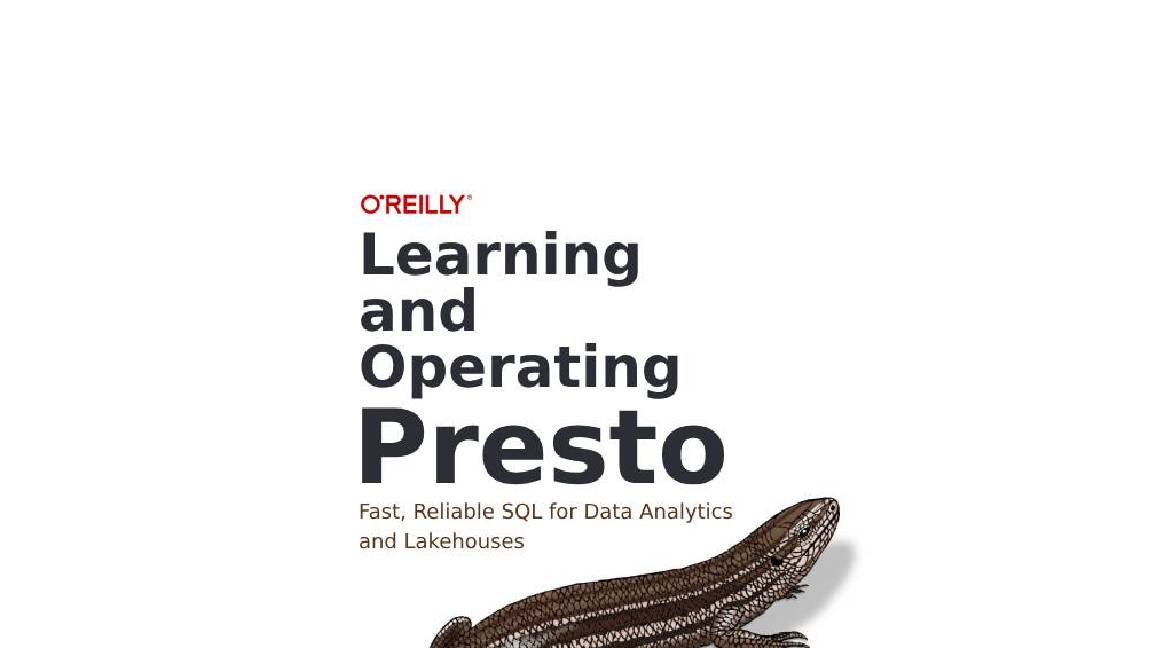 Learning and operating Presto
Learning and operating Prestowhitepaper Meet your team’s warehouse and lakehouse infrastructure needs
-
 Four ways AI is helping knowledge workers excel
Four ways AI is helping knowledge workers excelCase Study From medical diagnostics to mining and exploration, many industries are using AI to make their workers more effective
-
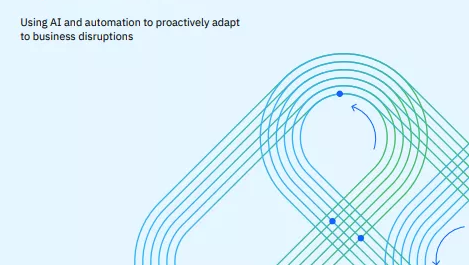 How to help IT manage itself with autonomous operations
How to help IT manage itself with autonomous operationsWhitepaper Using AI and automation to proactively adapt to business disruptions
-
 Green Quadrant: Enterprise carbon management software 2022
Green Quadrant: Enterprise carbon management software 2022Whitepaper Detailing the 15 most prominent carbon management software vendors to see if they fit your requirements
-
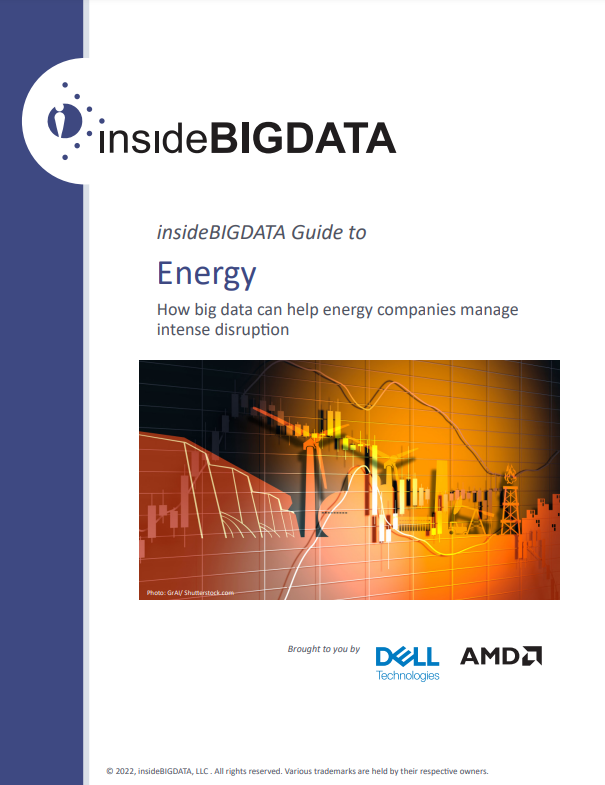 insideBIGData: Guide to energy
insideBIGData: Guide to energyWhitepaper How big data can help energy companies manage intense disruption
-
 Machine learning vs statistics: What’s the difference?
Machine learning vs statistics: What’s the difference?In-depth Both machine learning and statistics involve collecting datasets, building models and making predictions, but they differ in approach
-
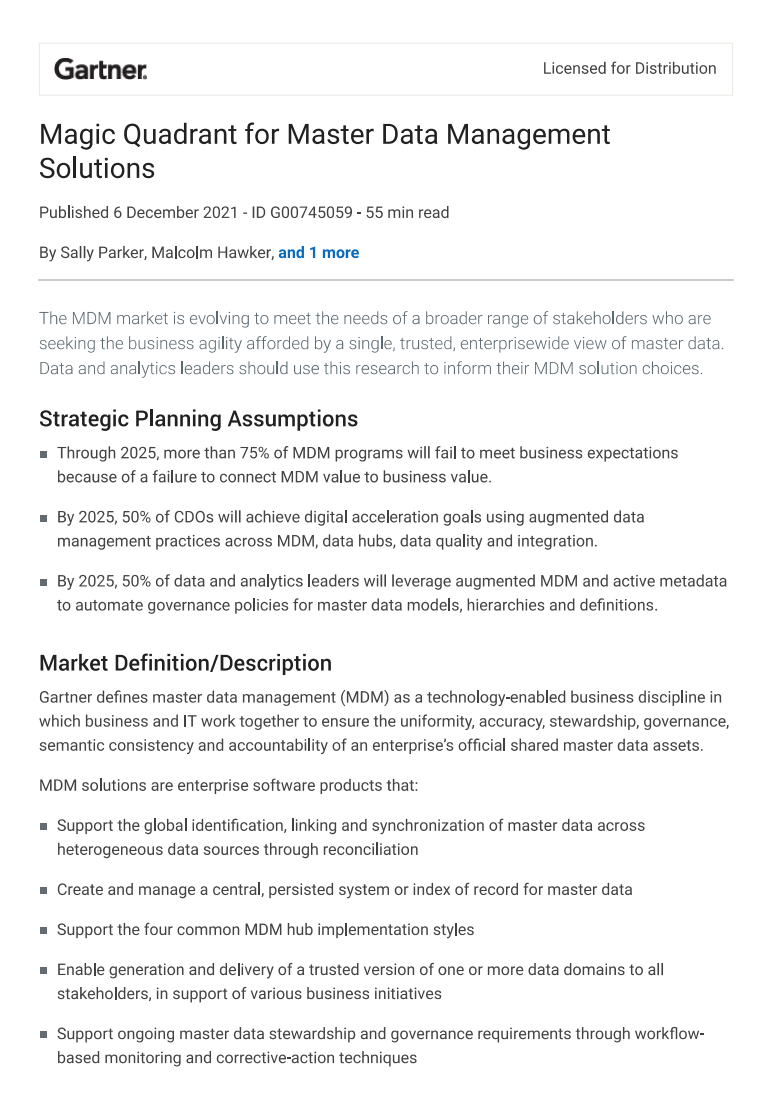 Magic quadrant for master data management solutions
Magic quadrant for master data management solutionsWhitepaper Informing your MDM solution choices
-
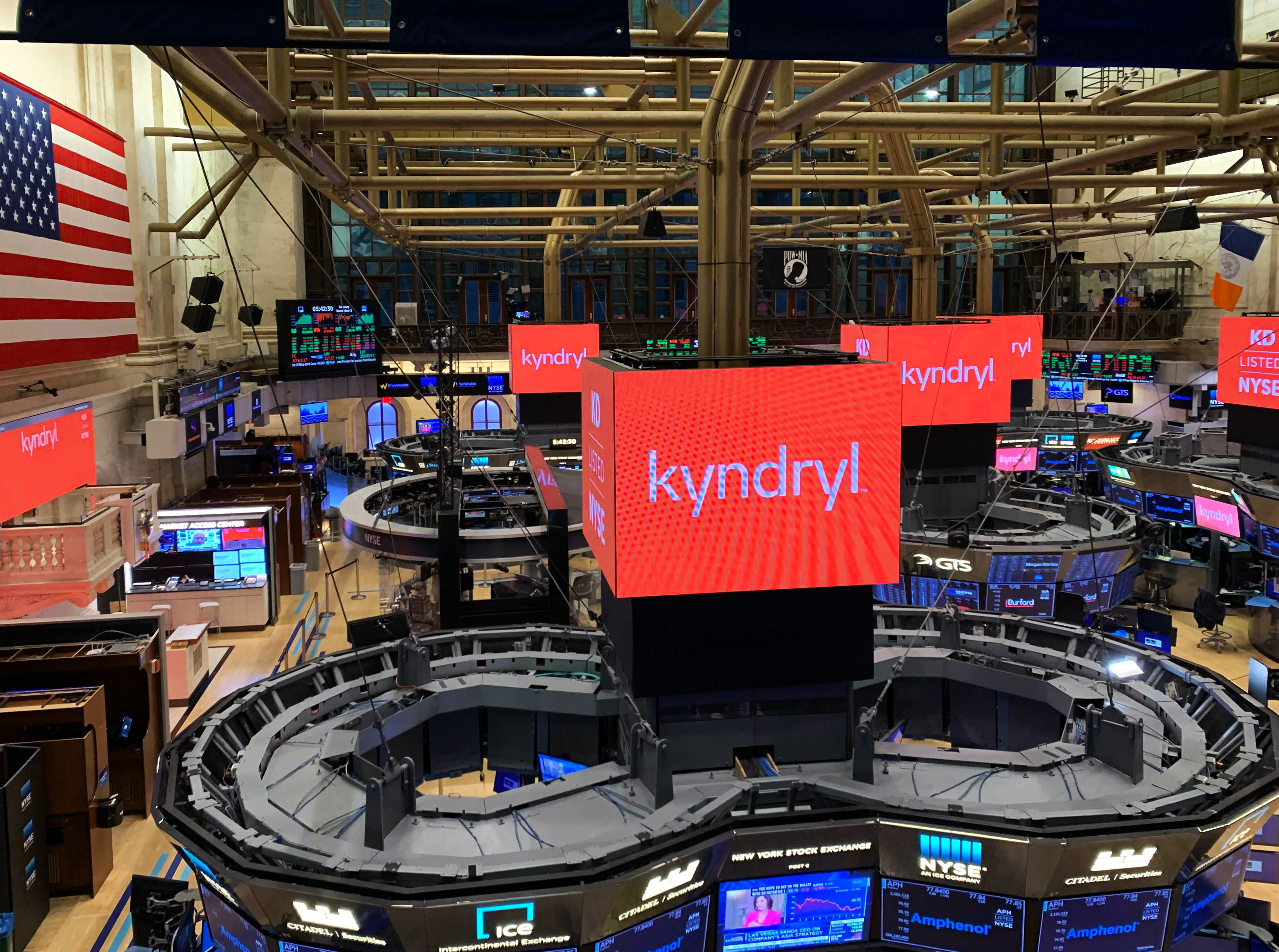 Kyndryl partners with Teradata to boost AI and data modernisation
Kyndryl partners with Teradata to boost AI and data modernisationNews The new service combines Kyndryl’s data and AI expertise with Teradata’s cloud analytics platform to help customers migrate data to the cloud